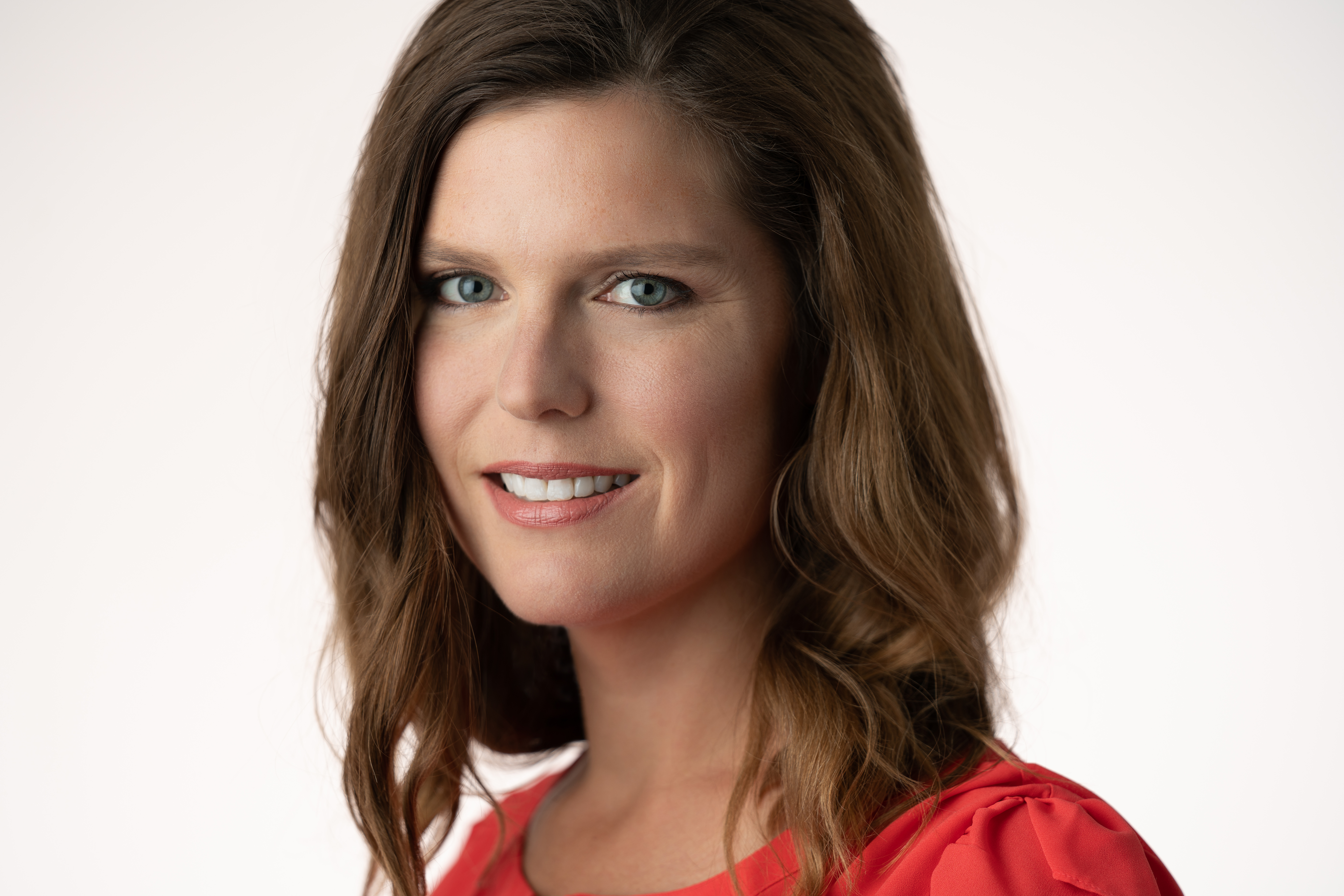
Erin Matson is an author. She writes fiction and creative nonfiction.
Additionally, Erin is co-founder, president, and CEO of Reproaction, which leads bold action to increase access to abortion and advance reproductive justice. She serves as chair of the board of Catholics for Choice.
A nationally sought speaker, Erin has appeared frequently on television, including MSNBC, CSPAN, Al-Jazeera English, ABC World News, BBC World News and PBS’ To the Contrary.
Erin has been quoted on several occasions in The New York Times and The Washington Post. Her blog has been quoted in The New Yorker; a post was featured by WordPress. A Tumblr she created got its own piece on HUFFPOST. An undergraduate of Georgetown University, she holds an MFA in creative writing from Mississippi University for Women.
Once, Erin debated Phyllis Schlafly.
